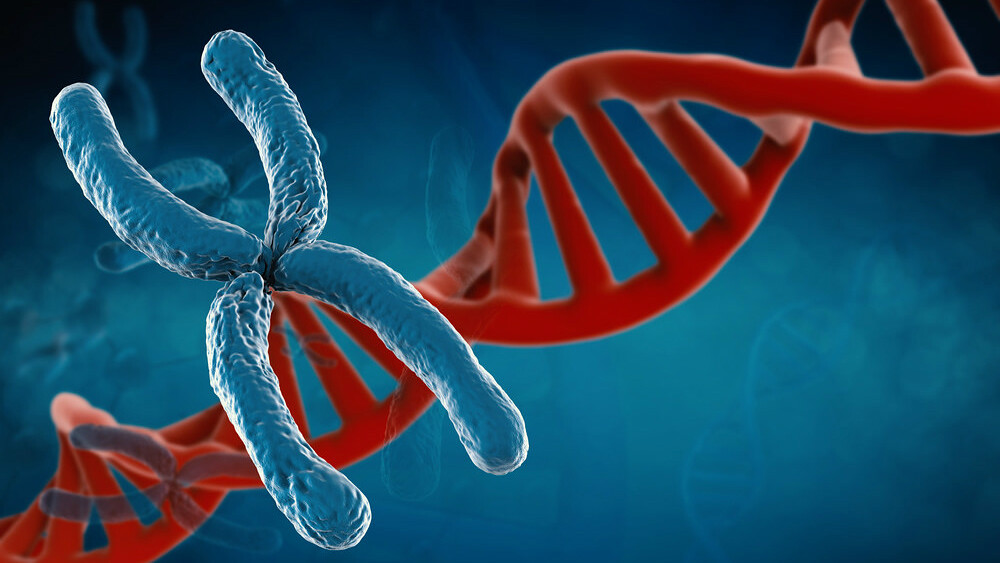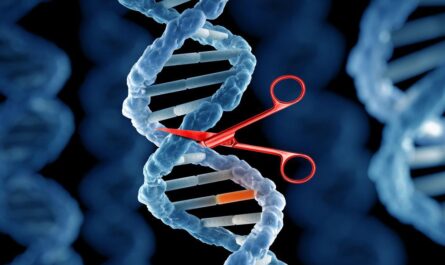Molecular cytogenetics is a branch of genetics that combines techniques of classical cytogenetics with molecular biology. It involves the study of chromosomes at the molecular level, allowing for a much broader and in-depth analysis of genomic abnormalities compared to conventional cytogenetics. Molecular cytogenetics techniques are frequently used in medical diagnostics to detect chromosomal abnormalities associated with genetic disorders, cancers and other diseases.
Fluorescence in situ hybridization
One of the most widely used Molecular Cytogenetic techniques is fluorescence in situ hybridization or FISH. In FISH, fluorescent DNA probes that are complementary to specific DNA sequences are used to label and identify chromosomes or areas of chromosomes. This allows researchers to visualize the binding sites of particular DNA sequences, which can provide insights into structural abnormalities or copy number variations associated with genetic conditions. FISH has proven extremely valuable for detecting aneuploidies like trisomy 21 that causes Down syndrome. It can also be applied to identify translocations, inversions and other chromosomal rearrangements.
Comparative genomic hybridization
Comparative genomic hybridization or CGH is a molecular cytogenetics technique used to detect genome-wide copy number variations. In CGH, fluorescent test and reference genomic DNA samples are hybridized to normal metaphase chromosome spreads. The fluorescence ratios along the length of each chromosome indicate if a particular segment is duplicated or deleted in the test sample relative to the reference. This enables researchers to screen for extensive chromosomal imbalances without requiring production of metaphase chromosomes from the test sample. CGH has various clinical applications such as detecting DNA copy number changes in cancers.
Array comparative genomic hybridization
Array comparative genomic hybridization or array CGH is an advanced version of standard CGH that provides significantly higher resolution analysis of copy number changes. In array CGH, fragmented DNA from the test and reference samples are hybridized simultaneously to a microscopic array containing immobilized DNA probes representing specific genomic regions. The ratios obtained from the array spots identified deleted or duplicated regions in the test genome at a much finer scale. Array CGH has enabled the discovery of numerous sub-microscopic genomic disorders and helped elucidate mechanisms of rare diseases. It is widely employed in prenatal diagnosis of fetal abnormalities.
M-FISH and spectral karyotyping
M-FISH or multicolor fluorescence in situ hybridization and SKY or spectral karyotyping are molecular cytogenetics techniques that use multiple differently colored fluorescent DNA probes to simultaneously label each human chromosome pair with a distinctive color. This allows easy identification of all chromosomes in a single cell within a single microscope field. These techniques helped overcome limitations of conventional banding techniques. They are applied to detect complex chromosomal rearrangements associated with conditions like cancers and structural abnormalities like translocations in a single experiment.
Applications in cancer research
Molecular cytogenetics techniques have significantly advanced our understanding of genome alterations in cancer. FISH studies helped establish the involvement of specific genetic changes like the Philadelphia chromosome in chronic myeloid leukemia. Advanced methods like array CGH and SKY have since revealed the remarkable complexity of genomic imbalances in many cancers. They aid in cancer classification, identifying prognostic markers, and elucidating mechanisms of tumor initiation, progression and drug-resistance. Molecular cytogenetics approaches also assist in designing personalized treatment strategies based on a patient’s unique set of genomic alterations. Overall, these techniques have become indispensible tools in modern cancer diagnostics and research.
In summary, molecular cytogenetics integrates classical chromosome analysis with molecular genetic methods to enable detailed interrogation of chromosomes at high resolution. Techniques in this field have revolutionized our ability to detect various genomic abnormalities associated with genetic diseases, cancer and structural rearrangements. Applications of molecular cytogenetics span basic research to clinical domains including prenatal diagnosis, cancer characterization and genomic disorder diagnostics. Further advances in technology and analytical methods will likely expand the scope and capabilities of this important discipline in years to come.
Note:
1. Source: Coherent Market Insights, Public sources, Desk research
2. We have leveraged AI tools to mine information and compile it



